H谩 v谩rias teorias que explicam a origem dojogo online.
no entanto, no que diz respeito ao conceito de mundos separados$5 minimum deposit online casinoalguns aspectos, tais como o modo "stealth" e a possibilidade do jogador controlar todos os n铆veis, como inimigos, armas, e outros.
|
|
|
|
|
Some
important changes has been introduced in the
electoral law since the last election.
From 2007 all seats in the Duma will be filled on
the basis of proportional representation. A party used to
have to get five percent of the vote
to win seats in parliament, now it is seven.
However, in some cases this provision can be
overruled as at least two parties should be represented in
the Duma. The new rules stipulate that voters are no longer
allowed to cast their ballots against all candidates. |
The new law has brought about a greater centralization of the party system.
A party's minimal membership has also been raised
from 10,000 to 50,000. As a result, only 11 parties will take part
in December 2007 elections. Of these, only
four parties have the best chances of overcoming the
seven percent threshold:
|
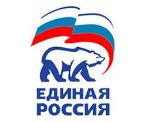 |
Gryzlov's
United Russia |
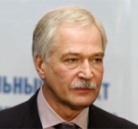 |
|
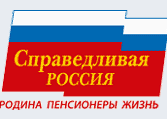
|
Mironov's
Fair Russia |
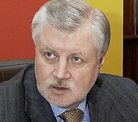 |
|
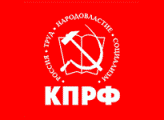 |
Zyuganov's CPRF |
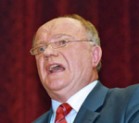 |
|
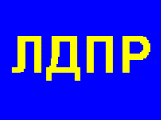
|
Zhirinovsky's LDPR |
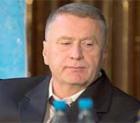 |
Fair Russia was set up in October 2006 as an
attempt to create a two-party system with "managed competition"
between two pro-Kremlin parties: United Russia (centre-right) and
Fair Russia (centre-left). Both parties support the ruling regime but rely
on different coalitions of elites. The creation of Fair Russia was
seen by some analysts as an attempt to transform the system with one dominant party
into a "managed" multiparty system with two or more parties of
comparable political weight.
However, in the run-up to the 2007 elections this
plan seems to have been abandoned. The
support of President Vladimir Putin means one party is already
virtually assured of a comfortable victory. Since he announced he
would take the top spot on United Russia's electoral list, the party
has been all but guaranteed a huge majority.
Mr Putin himself is not expected to take a seat. Russian
electoral law means he can be on the party list without doing so but
his endorsement should deliver United Russia an even larger share of
the vote they were already likely to receive.
|
|
|
|